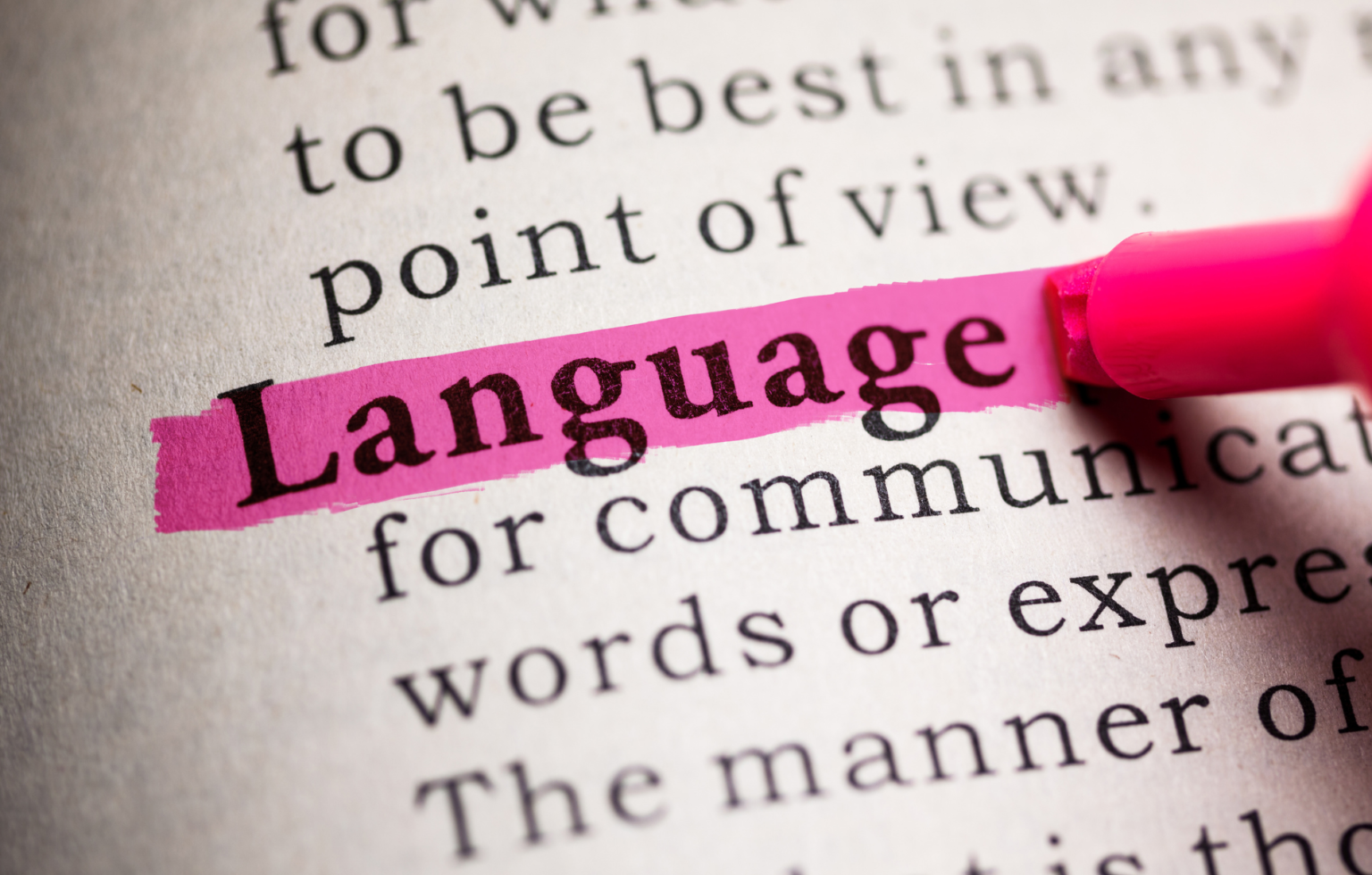This article is the written script of an episode from our podcast series: Kandelaa – Conversations.
( Bu yazı, podcast serimiz Kandelaa – Conversations’tan alınan bir bölümün yazılı metnidir.)
Why Can’t We Learn a Language?
Perhaps it’s a so-common problem among us that we have a hard time when learning languages. It’s not because of incompetence; it’s just that we keep buying into the same thoughts about we won’t be able to learn anyway. Or, we’re not enough careful or devoted to the goals. Today, I want to concentrate on three points to consider and address some issues with my criticism.
PREJUDGEMENTS
Many students start taking language courses at school and except for some institutions, it can’t be said that our education sufficiently enables us to learn a tongue. We always go over and over certain grammatical topics every single year, it’s almost become a tradition, but it’s disputable how many of us remember them with all the outlines and can flexibly use them. Don’t get me wrong; grammatical reviews are necessary to refresh knowledge and solidify the learned concepts; it’s also done abroad: native speakers see grammar at school, and we see Turkish grammar rules.
However, I would call in question if a student cannot somehow absorb the simplest grammar topic despite annual repetitions. When they can’t internalize a language, although they see the “boring and ineffective” topics every single year, by being aware that seeing the same thing won’t change the story, they don’t respond to efforts. Why don’t many of us know “the Present Simple” properly, or distinguish an auxiliary verb and a verb?
To clarify once again, I don’t doubt anybody’s capabilities and comprehension; someone can learn a concept within a day, and the other one in a week. But still, the ineffectiveness of the method causes lots of students to take a dislike to language classes and the language itself.
In other words, we indirectly fail to make them see how functional and entertaining a tongue is. Being a multilingual person is a wondrous capability; it’s considered by various workplaces. Nevertheless, we don’t make peace with languages somehow. If you ask my own opinion, I’m an advocate of self-learning for subjects; for me, a person can and should compensate the insufficient language education of their school on their own in case they want to learn any.
The majority of us have access to the internet so finding materials / taking people’s advice wouldn’t be difficult at all.
We grow preconceptions: This language is so hard, x language already sounds so harsh and difficult, someone must give (?) their whole life to it, etc.
If you can’t learn a language, it may be due to the methods you apply, or the methods applied to you and others. Once you dedicate yourself more freely and by finding materials/ways you liked, the improvement is just easy as pie. Well, I’m not talking through my hat; I can most frankly tell my own experience:
I’ve been seeing German for almost 7 years, but not until two years ago did I know anything properly. Our classes used to be based on vocabulary words and nothing else; German grammar wasn’t taught; it was only mentioned as if it was something unbelievably brutal. The only grammar case we learned was the imperatives.
Other than that, three articles and gender aren’t the most pleasing, I agree, but they’re not as hard as they’re implied to learn if you do repetition.
LACK OF ATTENTION
Everything was even clearer when I started to check the phonetic demonstration of the sounds. My accent was honestly quite well before, but it opened my eyes better. That’s also quite helpful to consolidate your accent skills. We might have not paid attention to the syllables – phonetic symbols when we learn a language – for it may sound too technical – yet, these let your pronunciation be more concrete. I would suggest listening primarily, and paying attention, by sometimes having a look at the phonetic explanation/demonstration if there’s a point that you can’t fully absorb.
Russian strengthened my consciousness about paying extra attention to syllables. It’s quite phonetic as a tongue, but there are rules that you can’t read a word straightforwardly in the way it’s written.
Let me give one example: The Russian “o” turns into “a” if it’s not stressed in a word. But the sound can be more indefinite, almost like a schwa, in case there are three vowels and the stress is on the last syllable. You eventually start to pay attention to analyzing the stress and the sound distribution of a vowel: which o is a, or does ch become sh?
TIME & DEDICATION
Brain leaves the unused or relatively less used information in the background; especially if you’re learning something new, you should interrupt the forgetting curve by recalling the information to finally make it permanent. Languages are unthankful; the words might have sunk into darkness in your head, you might have not remembered how one forms a sentence with the dative case, or maybe something else.
Depending on your goals and time, practice can last at least 30 minutes, in my opinion; it should focus on multiple skills in language, from listening to reading, so anything less than that may not be enough as the topics get more advanced.
Long story short, you should expose yourself to language, in some way.
It’s not normally possible to forget your native language when you’re in a county that speaks it, but your mother tongue may rust and, mainly words, might fade away in your mind. Completely forgetting a mother tongue is not seen; still, it’s possible that you may lose flexibility with it.

